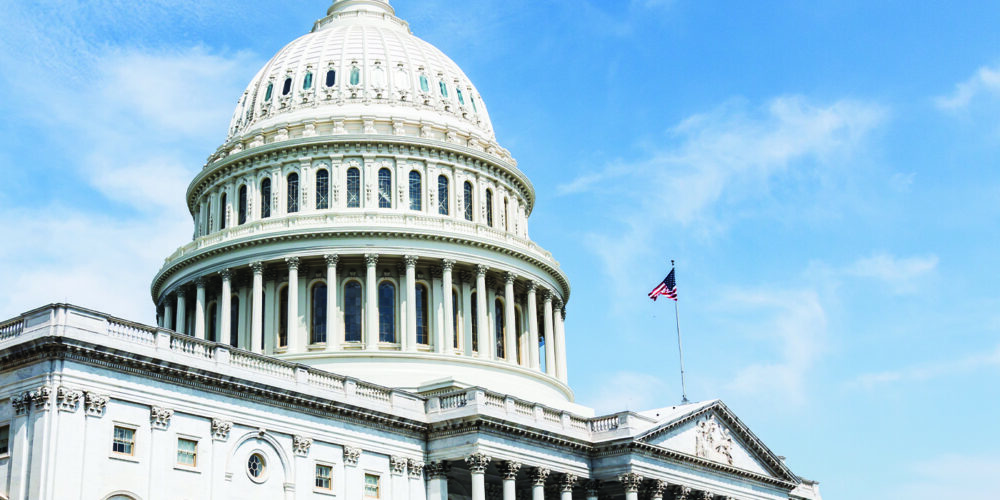RESEARCH TRIANGLE PARK, NC — The poor quality of American roads cost vehicle owners an extra $52 billion in annual repair, according to “Market Analysis,” a quarterly market research newsletter published by the Motor & Equipment Manufacturers Association (MEMA). Poor road conditions may also play a role in nearly 30 percent of traffic fatalities, MEMA has found.
In its report, “Market Analysis” cites The Road Information Program (TRIP), which examines the data provided by the U.S. government for both miles driven and pavement roughness that allows an approximation of the magnitude of the impact that poor surface quality can have. TRIP is a nonprofit organization which promotes transportation policies to relieve traffic congestion, improve air quality, make highway travel safer and enhance economic productivity.
Based on the most recent surface quality report, released in October 2003, and also a 12-month mileage total from November 2003 through October 2004, the impact in terms of miles can be examined on a region-by-region basis, the MEMA newsletter noted.
“There are noticeable variations in road quality across the United States,” said Richard Anderson, MEMA senior market research analyst. “Using the International Roughness Index (IRI), only roads that rate below 94 are considered in good or better condition. Using this standard, only 57 percent of miles covered are done so on roads that can be rated as good or better. For the Northeast region, the rating would plummet to below 44 percent,” he said.
MEMA’s article noted that the root of the problem lies in the urban areas. Almost two-thirds of all driving is conducted on urban roads, the ones most affected by surface problems. On a national level, rural roads rated less than acceptable are only 2.82 percent of the measured total. Urban areas have five times the number of less-than-acceptable roads.
“The unfortunate result is that the roads most in need of repair are those most traveled,” Anderson said. “Consequently, any traffic delays caused by repairs would have a much larger economic impact and greater motorist inconvenience than expected given actual miles of road repaired.”
Among MEMA’s key findings, were the following:
* Of all the miles measured in the District of Columbia, not a single one would rate “Good” on the IRI scale.
* 82 percent of miles driven on D.C. roads are “Less than Acceptable” by National Highway Safety (NHS) ride quality standards.
* Georgia is the best state for road quality, with only 0.26 percent miles traveled on roads rated “Less than Acceptable.”
* New York state logged the most miles – more than 10 billion – on the worst roads (IRI >220).
* By contrast, Floridians drove more than 92 billion miles on “Very Good” roads (IRI <60).
* California, the state with the most miles driven, rates at 14 percent “Less than Acceptable.”
* Massachusetts is the worst state for driving – 28.30 percent of miles are logged on “Less than Acceptable” roads.
“Market Analysis” examines the economy’s effect on the industry and valuable market data such as miles driven and the producer price indexes for motor vehicle parts and accessories. Subscriptions are available free to member companies of MEMA and its market segment associations. Nonmember companies can subscribe for $150 per year.
For more information, e-mail: [email protected].
_______________________________________
Click here to view the rest of today’s headlines.










